Das Projekt setzt auf den kombinierten Einsatz ausgewählter Biomaterialen und additiver Fertigungstechnik.
Aus Biomaterialien hergestellte Implantate, die mit modernsten Fertigungsmethoden im 3D-Druck exakt auf individuelle Bedürfnisse der Betroffenen angepasst werden: Das ist das Ziel des europäischen Forschungsprojekts INKplant, um regenerative Medizin auf ein neues Level zu heben. Das Projekt wird mit Mitteln aus dem EU-Programm Horizon 2020 gefördert und vom Produktionsforschungsinstitut Profactor in Steyr koordiniert.
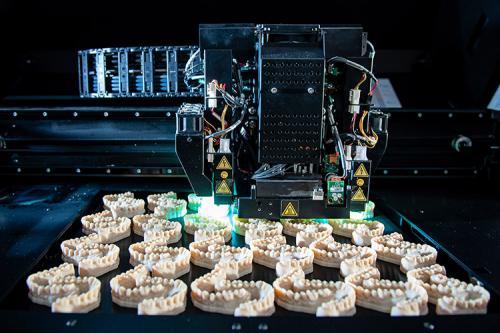
Foto: Stratasys
Der Kontext
Chronische Gelenkschäden und Defekte im Mund- und Kieferbereich bedeuten für Betroffene eine stark geminderte Lebensqualität. Die dazu derzeit in der Therapie eingesetzten medizinischen Implantate stehen meist nur in Standardformen aus anorganischen, nicht resorbierbaren Materialien zur Verfügung und erfordern hochinvasive chirurgische Eingriffe und lange Rehabilitationszeiten. In einer alternden Gesellschaft führt dies auch zu stetig steigender Kostenbelastung im Gesundheitswessen.
Das Forschungsprojekt INKplant entwickelt einen radikal neuen Ansatz, der die regenerative Medizin auf ein neues, effizienteres Niveau heben soll. Durch die Verwendung von Biomaterialien und die Anwendung additiver Fertigungsmethoden wird die Herstellung individuell angepasster Implantate mit hoher Biokompatibilität ermöglicht. Ergebnisse von INKplant sollen eine leistbare personalisierte medizinische Behandlung und eine wesentliche Verbesserung der Lebensqualität der Betroffenen sein.
Das Projekt
Die zu entwickelnden Implantate sollen das biologische und mechanische Verhalten des menschlichen Hart- und Weichgewebes nachahmen. Die dafür eingesetzten Kombinationen von biokompatiblen und biologisch abbaubaren Materialien müssen in Härte, Elastizität und Porosität den Anforderungen des jeweiligen Körperteils entsprechen und dem Implantat eine stabile Verankerung und rasches Einheilen ins Gewebe erlauben. Dadurch soll die Invasivität chirurgischer Eingriffe und die Gefahr möglicher Komplikationen verringert, die Rehabilitationszeiten verkürzt und damit die Gesundheitskosten deutlich gesenkt werden.
Für die Herstellung individuell angepasster Implantate werden hochauflösende additive Fertigungstechnologien angewandt und weiterentwickelt. „Der 3D-Drucker erhält die individuellen Daten der Patient:innen aus herkömmlichen bildgebenden Diagnoseverfahren der Medizin. Mit Softwarealgorithmen wird die perfekte Geometrie und der optimale innere Aufbau des Implantats errechnet“, erklärt Projektkoordinatorin Sandra Haas. Ein wesentlicher Schritt ist die Weiterentwicklung der Biomaterialien zu Tinten für das 3D Inkjet-System, welches es dann ermöglicht, hochauflösende 3D-Strukturen zu drucken.
Neben der Entwicklung dieses Herstellungsprozesses wird im Projekt auch die Anwendung der Implantate an vier Beispielsfällen erprobt: an Defekten des Meniskus und an Knochen- oder Knorpelverletzungen im Knie, an Gaumendefekten und in der zahnmedizinischen und oralen Rehabilitation.
Das Konsortium
Profactor koordiniert das Projekt, an dem 19 Partner aus Industrie und Forschung, die aus acht Ländern kommen, zusammenarbeiten:
Die Partner:
Profactor, Österreich
Stratasys, Israel
Lithoz, Österreich
Fluidinova, Portugal
3D Matrix Europe, Frankreich
Luxinergy, Österreich
Elkem Silicones, Frankreich
Tiger Coatings, Österreich
Universidad Politecnica de Madrid, Spanien
Johannes Kepler Universität Linz, Österreich
Kepler Universitätsklinikum GmbH, Österreich
Biomed Center Innovation gGmbH, Deutschland
Ludwig Boltzmann Gesellschaft, Österreich
Medizinische Universität Wien, Österreich
Charité Universitätsmedizin Berlin, Deutschland
Transtissue Technologies GmbH, Deutschland
Biotechnology Institute, Spanien
Universitair Medisch Centrum Utrecht, Niederlande
Asociacion Espanola de Normalizacion, Spanien
Die Rolle der österreichischen Partner
Profactor: Entwicklung von Bio-Inkjet-Tinten, Druck- und Härtungsprozessen und des 5-Achs-3D-multimaterial Inkjet Druckers
Lithoz: Lithography-Based Ceramic Manufacturing Prozesse für bi-material Keramik
Luxinergy: Biologisch abbaubare Polymere für Inkjet
Tiger Coatings: Hochskalierung der Tinten, Charakterisierung und Qualitätssicherung für CE-Zertifizierung
Johannes Kepler Universität ICP: Biologisch abbaubare Polyphosphaze-Polymere für Inkjet, Charakterisierung der Biodegradierbarkeit der Tinten
Johannes Kepler Universität IPPE: Testen der biomechanischen Eigenschaften von Materialien/Designs
Kepler Universitätsklinikum: Expertise für Use Cases und in-vivo Tests
Ludwig Boltzmann Gesellschaft: Biokompatibilitätstests, in-vivo Tests
Medizinische Universität Wien: Modellierung von biomechanischen und Gewebeintegrationseigenschaften, Entwicklung von Druckdateien
Der Mehrwert eines EU-Projekts
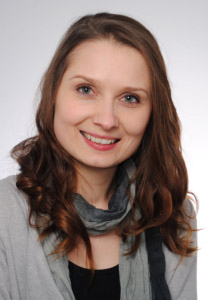
Sandra Haas, Stellvertretende Projektkoordinatorin INKplant
Foto: Sandra Haas
„Das Besondere an einem EU Projekt ist neben der engen länderübergreifenden Kooperation auch die Involvierung eines externen Expertengremiums und der starke Fokus auf „Open Innovations“, erklärt Sandra Haas, stellvertretende Projektleiterin von INKplant.
„Das Konsortium besteht aus sehr erfahrenen Experten in sämtlichen Bereichen, von der Entwicklung über die Produktion bis zur Zertifizierung und Anwendung der neuen Implantate. Dadurch ist wertvolles Wissen im Gremium vorhanden, das dank des unglaublichen Enthusiasmus aller Partner für das Projekt und die Projektidee proaktiv ausgetauscht wird und zu neuen Erkenntnissen und Ideen führt. Die externen Experten und „Open Innovations“ Aktivitäten ermöglichen hier nochmals neue Blickwinkel auf einzelne Bereiche der Entwicklung und Lösungsansätze für neue, während der Forschungsarbeit auftretende Herausforderungen zu finden.“
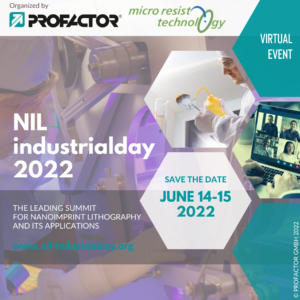
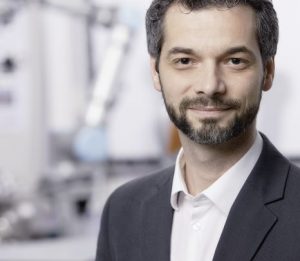 DI Dr. Michael Mühlberger
DI Dr. Michael Mühlberger
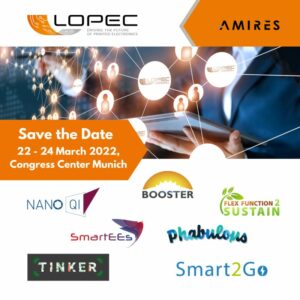
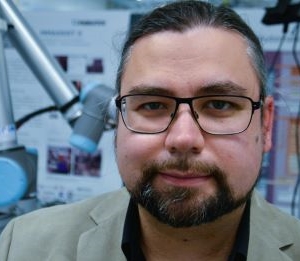 Dr. Leo Schranzhofer
Dr. Leo Schranzhofer
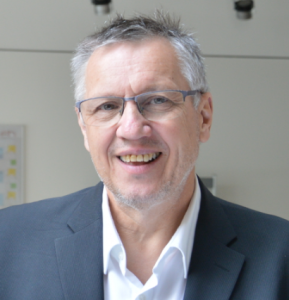
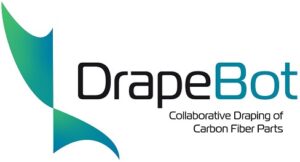
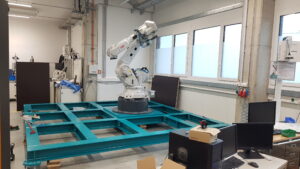
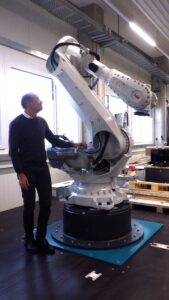
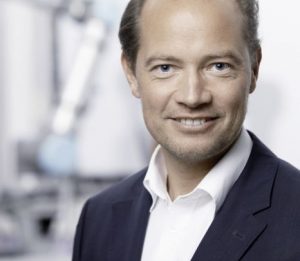 DI Dr. Christian Eitzinger
DI Dr. Christian Eitzinger


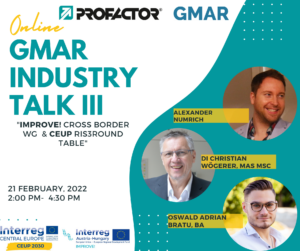
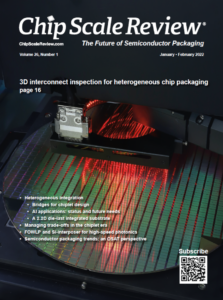
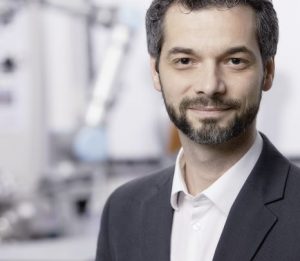 DI Dr. Michael Mühlberger
DI Dr. Michael Mühlberger
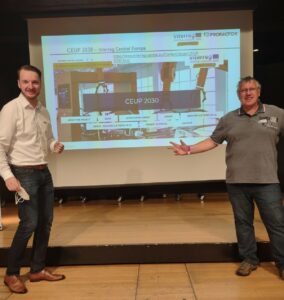 On the 7th of July 2021 PROFACTOR in cooperation with GMAR invited to the TIN Tech & Trend Dialogue on Artificial Intelligence at the lake Constance in Germany. The “Lake Constance Talks” have been a great opportunity to gather policy actors, researchers & industry representatives together and to discuss hot topics of artificial intelligence in connection with automation & robotics, sustainability, energy and robotics.
On the 7th of July 2021 PROFACTOR in cooperation with GMAR invited to the TIN Tech & Trend Dialogue on Artificial Intelligence at the lake Constance in Germany. The “Lake Constance Talks” have been a great opportunity to gather policy actors, researchers & industry representatives together and to discuss hot topics of artificial intelligence in connection with automation & robotics, sustainability, energy and robotics.